Vedant Maheshwari (9) knew his loss was imminent, Dec. 6, 2023. Black and white pieces intertwined with one another on a chess board in front of him, each previous move having sculpted a display of careful deliberation that put him at every disadvantage. Maheshwari stared intensely, running numerous calculations, strategies, and subsequent outcomes in his head; if nothing else, he would not go down easily. But, after a month of competing every Wednesday from Nov. 1 through Dec. 6, Maheshwari’s exhaustion crept up on him: an overwhelming mental fatigue clouding his mind. After much anticipation, his opponent finally made their move. A moment of complete, utter silence passed between the two of them.
Then, Maheshwari smiled.
He knew that he had won the 2023 San Diego Chess Club Class Championship.
“It shocked me,” Maheshwari said. “I couldn’t believe they had made such a massive mistake. It was the second-to-last round of the tournament and whoever secured this win, it meant [victory]. I was almost about to lose, but that move turned the game around.”
Ranked 56th in the state and top 25 in the U.S. for age 14 in chess, Maheshwari has been competing in tournaments since second grade. His passion for chess had started a year earlier, blooming from the most unexpected of circumstances.
“I fractured my arm in first grade,” Maheshwari said. “Back then, I was playing tennis, basketball and a little soccer and after [my injury] I couldn’t really play anymore. So, my dad introduced me to chess.’
Little did Maheshwari know, that moment would kickstart a passion for the game.
“At first, I was just trying to beat my dad,” Maheshwari said. “But, through that, I started to get interested in the game and before I knew it, I was already playing with friends during lunch.”
Soon, Maheshwari joined the chess club at his school. As he spent more and more time immersed in the game, he began to attend the San Diego Chess Club every week, where he was introduced to the competitive angle of chess. Maheshwari said going to tournaments just felt natural.
“I really just enjoyed the game,” he said. “So, it didn’t feel like competition [during tournaments]. I continued going, even after many of my friends quit, purely because of a love for the game.”
According to Maheshwari, one of his favorite parts about chess are the highly calculative and technical aspects of the game.
“I’m a very logical thinker and chess [appealed] to that,” he said. “Calculations are needed to successfully carry out a plan and strategy aimed for. I use it to make sure everything is tactically sound and I really enjoy [breaking down] chess through math. It’s really important for me to also solve puzzles to train my brain [critically].”
Studying different games and strategies is another way that Maheshwari trains for the infinite number of possibilities that are able to occur on a chess board.
“Reading [chess] books helps me recognize patterns,” he said. “It’s just about learning and applying [these patterns] when you practice and play games, so you know what to do. So many books have so much good content and the ideas [on how to play] just come naturally to you during games once you know them. I also started to keep everything I’ve learned on a file. I’ve been expanding it and making different variations on strategies. It’s just a lot of memorizing and research. ”
Above all else, Maheshwari said, practice makes perfect.
“I play games every day,” he said. “You need to develop a feeling for the game. I’ve read a lot of books, but really, playing more and more games helps me understand how to apply them. Practicing gives me a better grasp of chess.”
Maheshwari said that tournaments are a big part of how he improves his skills. Depending on the type of chess being played, the games can last anywhere from three minutes to an hour and 30 minutes; Maheshwari favors the latter.
“There’s different categories, like blitz, classical and rapid,” Maheshwari said. “These range from shorter time controls and longer time controls; I normally play the classical time controls, which is around 45 minutes per game. But, in the big events, they can go on for hours. The games tend to be very long, but I like these longer games because I’m more of a slow player. I like to take my time and think about things more.”
Each player has a distinctive style, Maheshwari said. For him, he plays using a strategy called solid chess, which focuses more on defensive maneuvers and protecting your pieces.
“It focuses less on attacking and being aggressive,” Maheshwari said. “This strategic style requires more of a feeling of where you want your pieces to go and focusing on your side of the board to optimize your position, like squeezing water out of stone.”
Maheshwari said learning to read others during rounds is another important part of the game.
“When you’ve played so many games, you can kind of tell how each of your opponents will react depending on their style,” he said. “You can prepare your openings based on this, especially if you’ve had previous games against them.”
Though Maheshwari prefers longer games, the mental toll can be debilitating.
“Normally, I have lots of energy, but during games and events that go on for hours, it’s really difficult,” he said. “It’s a lot of mental fatigue per game, but though I try not to think about my previous game, sometimes I tend to fixate on them and it distracts me [from the present round]. Generally, I’m a pretty calm player, but sometimes, I just want the game to finish and I start making random moves that are uncharacteristic of me. I see that in my opponents as well. Usually, this happens at the end of tournaments, rather than the beginning.”
But, Maheshwari always makes it a goal to try and push through, no matter what.
“I just keep trying to focus on my game and stay motivated, even when I’m really tired,” he said. “No matter if I have a losing position, I’m always going to try and look out for the smallest of opportunities to create a win.”
Maheshwari said a large factor in his enduring persistence and performance is his dad.
“He’s always there to talk to me and make me feel better during tournaments,” he said. “Sometimes, when I just don’t feel like playing the game anymore, he motivates me. We go on walks and he just helps me recover from losses and focus on the next game. He completely changes my mindset and makes me feel positive about the rest of the tournament.”
Through chess, Maheshwari said he has created a stronger bond with his dad and also, other competitors.
“It’s just been an awesome journey to share with others,” he said. “‘I’ve made so many [long-lasting] friendships through chess and during breaks and outside of tournaments, we just play different variants for fun.”
Maheshwari currently has a US Chess Federation (USCF) rating of 2201, making him a National Master in the rankings of chess: a status he achieved this year, Sept. 11. One of his major achievements is tying for first place in K-8 category in the Southern California State Championship. He hopes to continue playing and improving throughout high school and for the rest of his life.
“I will never lose the love I have for chess,” Meheshwari said. “Whatever time I have, I will continue to learn new ideas, play different strategies, and see the game in a different way.”


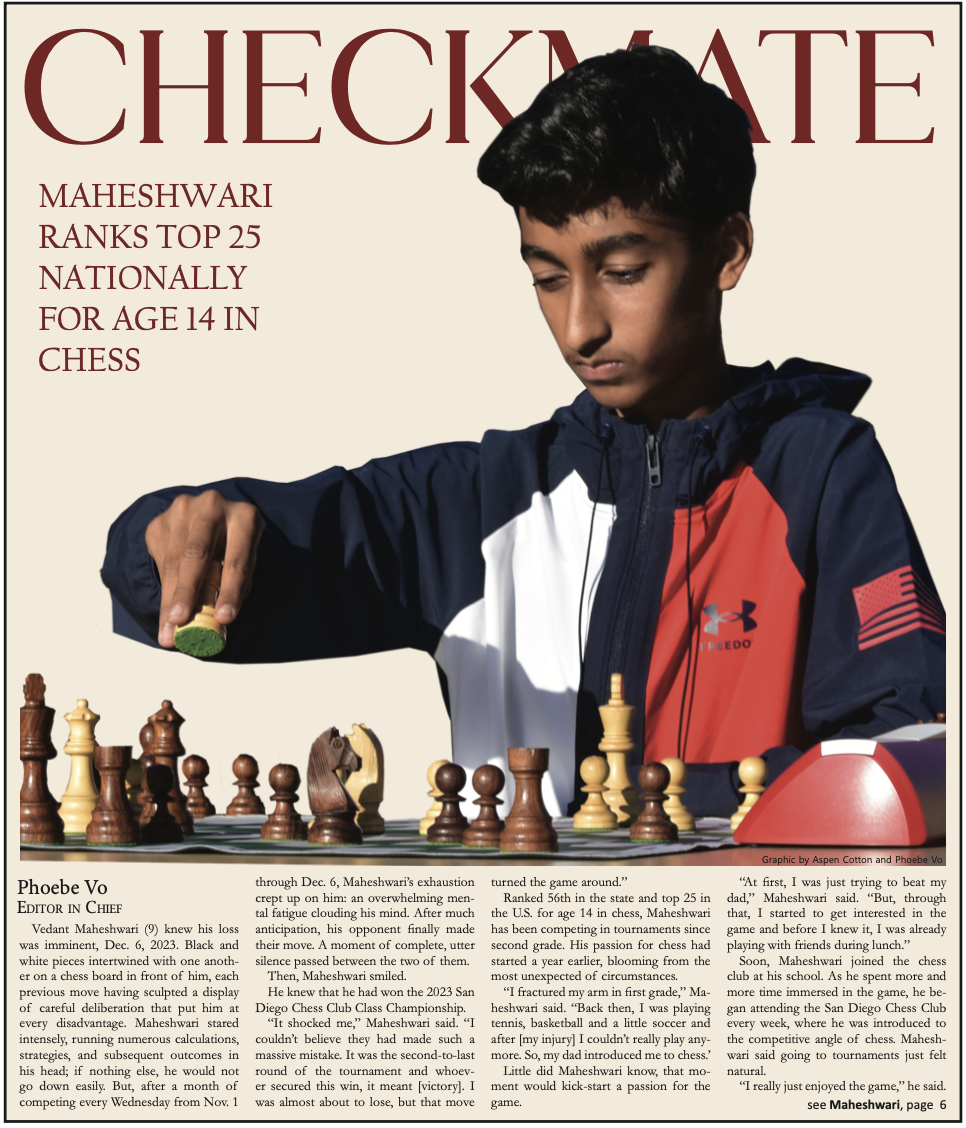
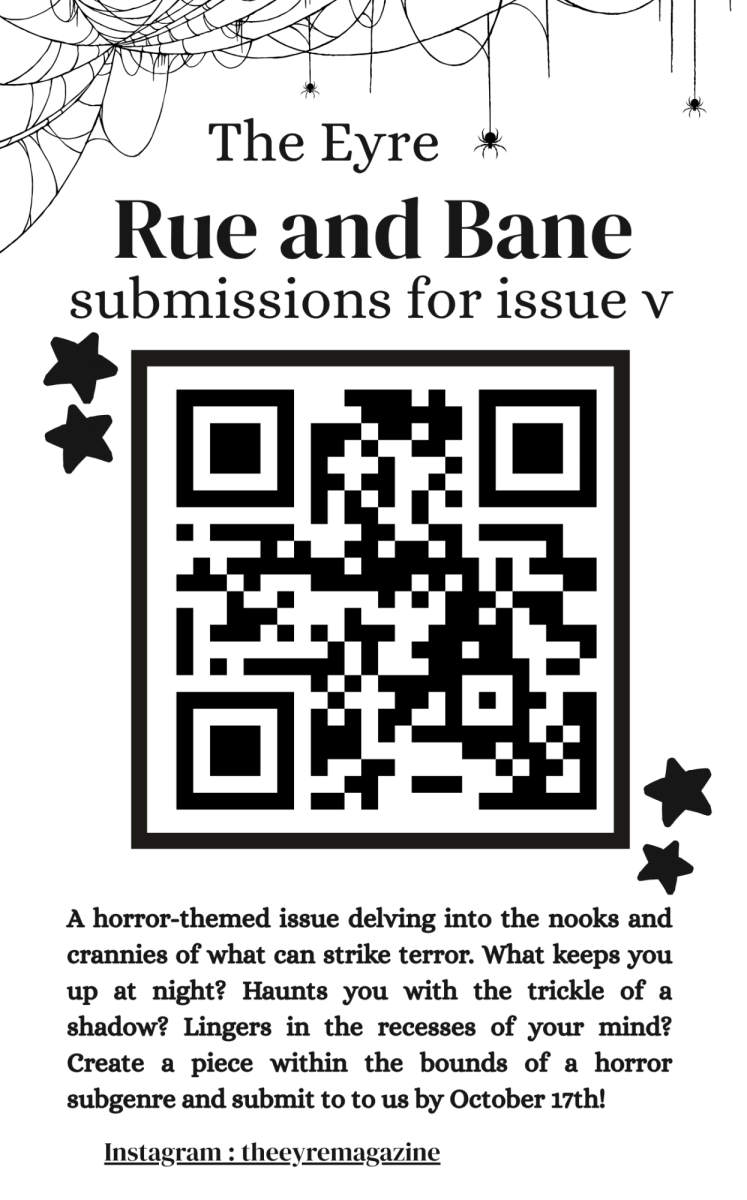


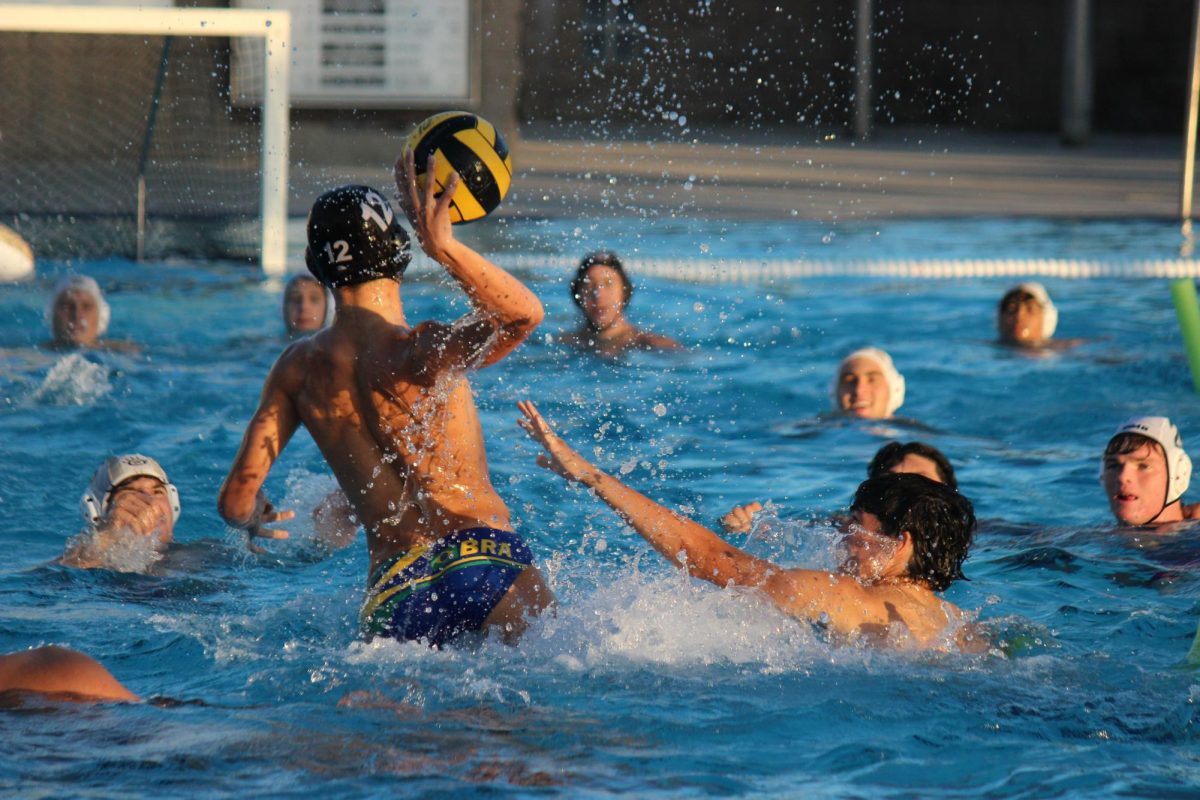

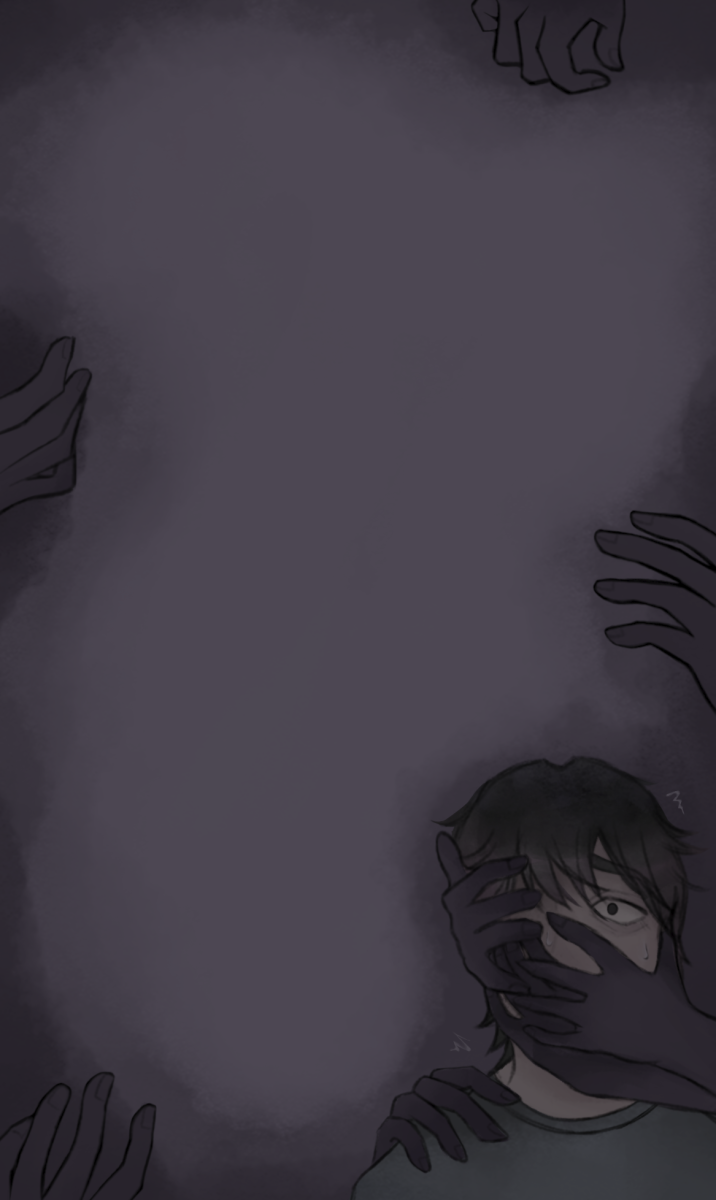

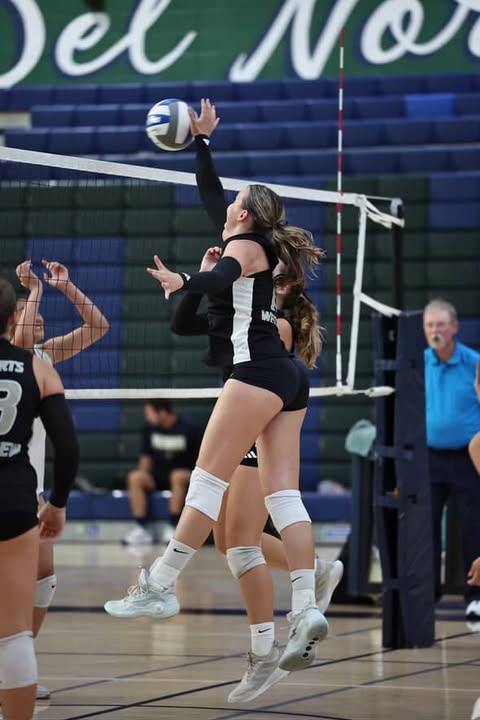
![Jolie Baylon (12), Stella Phelan (12), Danica Reed (11), and Julianne Diaz (11) [left to right] stunt with clinic participants at halftime, Sept. 5. Sixty elementary- and middle-schoolers performed.](https://wvnexus.org/wp-content/uploads/2025/09/IMG_1948-800x1200.png)
